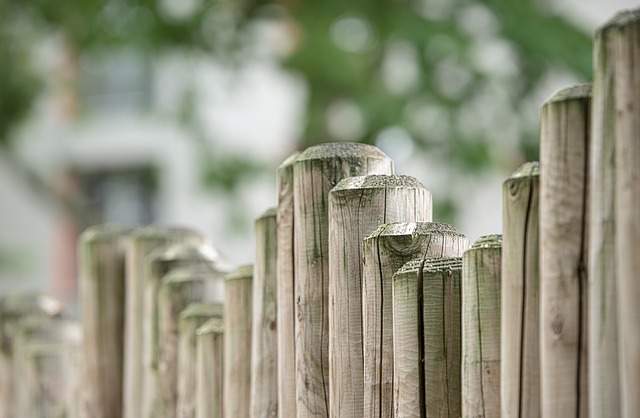Buying land is a monumental milestone and one that shouldn’t be taken lightly. However, if you want to build your own home instead of going for a completed one, if you have always wanted to see the structure built from the ground up, with every detail lovingly chosen by you or your family, then here are eight important things you will need to consider:
1- Costs
There’s a reason why a lot of people choose completed homes. Some want the convenience of just buying a home that’s already been predesigned. That way, they won’t have to worry about the design themselves. They can focus on other more important things like moving in. However, if you just buy land, then that means you’ll have to worry about building the home and those involve another set of costs. That could set you back a substantial bit, as evidenced in Global Property Guide’s transaction costs table. So be sure you’re up for all the costs before you start down on this path.
2- Emergency funds
Make sure you have some available. Whatever kind of property you have in mind—whether it’s residential or not—constructions rarely follow a schedule. Emergencies can derail your schedule and cause you to go off-track. Delays can happen and make a mess out of your deadlines. You have to be financially prepared for all this. Having emergency funds, then, should provide you with financial net in case something goes awry.
3- Investigate market possibilities
You really wouldn’t want to be tied down to a deadweight of a property so determine which ones will give you greater yields or appreciation in the next few years. Too bad you can’t see the future! But you can watch out for market trends, news and updates. You can learn and examine tips until those tips help you find properties that don’t cost an arm and a leg just yet but are on the rise because of where they happen to be.
4- Location
It’s an important factor. Good locations provide you with convenient easy access to everything. These properties are definitely on top of the hierarchy, slaying the rest of lower-rung homes. One way to find prospects is to use online listings. Handy portals like DDProperty make land for sale choices easy to find. All you need to do is generate a list of the possible land properties you want to look for so you can take a look at each one and determine the best for you.
5- Consult investors
Don’t sink money into a property just yet. At least not until you know what other property investors think. You can’t afford to be an island when you’re shopping for property. Networking and contacts can provide you with a ton of helpful resources. So build one and use it to your advantage. Don’t make decisions without consulting experts. Reach out to any number of them in the industry for help.
6- Investment opportunities
Before you buy your own little piece of Thailand, make sure you’ve done extensive research on the locale. You could opt for a condo or commercial building or start development on a residential project. Whatever you choose to do with the land, make sure whatever you have in mind is a perfect fit for the community. Want to boost the local business district? Turn that plot of land into a series of shops and stores guaranteed to bring the area’s business center back to life. If you’re near several universities and schools, then it might be prudent to have a residential or condo building built to answer the growing demand for homes. Make sure you know the pros and cons of investing in land in a particular community, says Pound Travel.
7- Crunch the numbers
And crunch them again! Considering how much you’re going to spend on the land, you need to be sure every step of the way that you’re doing the right thing. Factor in everything, from your taxes to other legal and property costs. Make sure you get the math right.
8- Escape Strategies
What happens if you change your mind a year or two after you buy the land? Do you have an escape strategy planned out? Would you be able to sell off the property quickly? You might be set on owning that piece of real estate now but things happen and people often change their minds ten times out of ten. What if your family decides to move? Or you apply to graduate school abroad and move halfway across the world? If you think there’s even the slightest possibility that you’ll eventually put that land up for sale, then make sure you examine the options you have for doing so. Pay particular attention to the details to and figure out if selling it off is going to be simple and easy or a seller’s nightmare for you.











